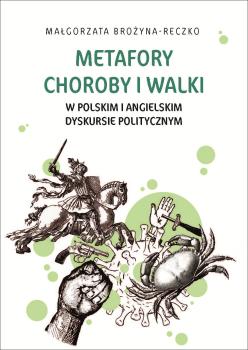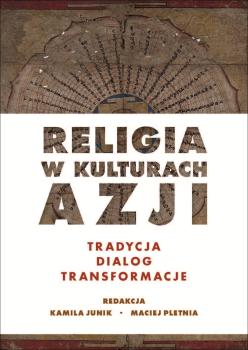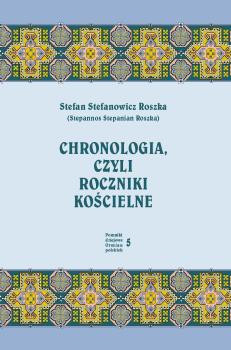The new e-books' platform!
Welcome on the new e-books' platform by Księgarnia Akademicka Publishing.
Serdecznie witamy na nowej platformie z publikacjami elektronicznymi Wydawnictwa Księgarnia Akademicka.
Read more about The new e-books' platform!
Seria przeznaczona jest dla wydań źródłowych, podstawą których są zbiory Biblioteki Jagiellońskiej. Zamierzeniem Redakcji serii jest również ogłaszanie prac naukowych (rozpraw doktorskich, monografii, prac analitycznych, katalogów) przygotowanych przez pracowników Biblioteki.

Seria pod redakcją dr. Jacka Szymali poświęcona zagadnieniom z zakresu historii wizualnej, czyli interdyscyplinarnej nauki pomocniczej lub subdyscypliny historii umożliwiającej analizę obrazów jako źródeł równorzędnych wobec pisanych form opowiadania o przeszłości. Autorzy koncentrują się na humanistycznych badaniach ikonosfery i wizualizacji historii. Są wśród nich zarówno uznani badacze, jak i studenci oraz doktoranci debiutujący swoimi opracowaniami, w których zajmują się historią w filmach, fotografiach czy grach komputerowych.

Nasze Dramaty to seria wydawnicza ukazująca się od 2015 roku, w całości poświęcona polskiej dramaturgii współczesnej – obecnie jest to jedyna jej stała prezentacja. Została stworzona w odpowiedzi na rosnącą we współczesnej kulturze polskiej potrzebę obcowania z dramatem jako dziełem pisarza. Wydaje się bowiem, że spośród wszystkich rodzajów literackich, powstających w Polsce przełomu tysiącleci, dramat podlegał przemianom najbardziej wyrazistym – narodził się wręcz jako nowy rodzaj artystycznej ekspresji. Zagarniając obszary świata dotychczas „nieprzedstawionego”, okazał się laboratorium wrażliwości artystycznej Polaków, łamiąc konwencje i oczekiwania odbiorców, odświeżył nasze rozumienie dramatyczności życia w Polsce tu i teraz. Wypowiedzi dramatyczne polskich autorów domagają się zatem uważnej lektury, podobnie jak dramaty codzienne Polaków czekają na nowe odczytanie.
Stawiamy na indywidualność twórców, dlatego każdy z tomów jest autorskim wyborem i swoistą autoprezentacją. Publikujemy teksty o szczególnej wartości literackiej.
Ksiegarnia Akademicka Publishing is an independent scholarly publisher established in 1992 and headquartered in Kraków, Poland. We offer a wide range of academic books and journals mainly in humanities and social sciences, including digital projects and open access publications.







Welcome on the new e-books' platform by Księgarnia Akademicka Publishing.
Serdecznie witamy na nowej platformie z publikacjami elektronicznymi Wydawnictwa Księgarnia Akademicka.
Read More Read more about The new e-books' platform!
ABOUTKsiegarnia Akademicka Publishing is an independent scholarly publisher |
STAY IN TOUCH |
|
OUR PRODUCTS |
|
|
© 2026 Księgarnia Akademicka, all rights reserved. Powered by FI MAGIS |
